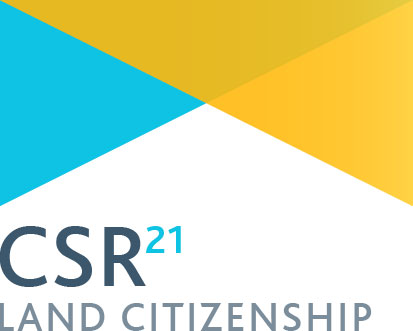
Help for developing countries negotiating extractives contracts
This one follows up on last week’s article highlighting further examples of a trend we’ve noted across several African countries: a flurry of extractives policy renegotiations in light of the African Union's new Africa Mining Vision. This also relates to one of today’s other pieces, too, on a recent press release from NGO Global Witness calling for a moratorium on South Sudan oil contracts.
So, off the wires: IPS brings us news via last week's G7 summit in Brussels that major donor countries plan to unveil a new initiative aimed at strengthening the ability of developing countries’ governments to negotiate complex contracts, particularly around the extractives sector. This is apparently in response to a widespread feeling on the part of officials in developing countries that they’re outgunned at the negotiating table (not a mixed metaphor, more a very high stakes card game) by the multinationals. The upshot, and that which they seek to avoid in future: unfair deals.
The new project is known as Strengthening Assistance for Complex Contract Negotiations (CONNEX). The summit communiqué says:
[CONNEX will] provide developing country partners with extended and concrete expertise for negotiating complex commercial contracts, focusing initially on the extractives sector.” Acording to IFP, CONNEX will also serve to coordinate a recent increase in donor action on the issue, including the first step of establishing “a central resource hub that brings together information and guidance.
From the IPS piece:
A White House fact sheetnotes that the initiative is a response to “direct requests” last year from the African Union and developing countries, particularly with regard to difficulties in negotiating with “multinational companies in the extractives sector”. The White House says CONNEX’s eventual goal will be to develop “rapid response teams to provide contract negotiation assistance to developing countries as soon as it is needed”.
Most formal details around CONNEX are still to be worked out, however, a process that will begin Jun. 17 in New York. The project is being jointly carried out by the Columbia Center on Sustainable Investment (CCSI), at Columbia University, which has done previous work on negotiation assistance and which will host the initiative’s digital infrastructure.
“For many developing countries, major investments, such as in natural resources or infrastructure, are the most important means of generating funds to drive economic growth and sustainable development,” Lisa Sachs, CCSI’s director, told IPS.
The article points out that because investment deals around resource extraction tend to be for the long term, the fallout of bad deals can literally last for decades, potentially damaging poorer countries’ development prospects. Governance is also key, and as even the casual reader of this site will note, there's ample evidence from countries round the world that only the smallest fraction of the trillions of dollars produced annually through extractives are improving the lives of the poorest people in source countries. It’s hoped that some backup at the negotiating stage could go some way to changing that--though there are likely to be one or two cynical voices around the world questioning the selfless records of “major donor countries” as far as resources deals are concerned.
Ian Gary, a senior policy advisor on the extractives industry for Oxfam America, summarises: “…This is an attempt to level the playing field in these negotiations – though some governments may want to extract more value to funnel into national development, while others may have more self-centred motivations […] There needs to be a quid pro quo between donors providing this technical assistance and governments receiving it, to make sure that subsequent contracts are made public and that citizens are able to monitor that information… Unfortunately, I’m not sure how much of an appetite we’ll see from donors next week to deal with these sensitive issues.”
Gary also comments on an interesting point: the upside for the multinationals. “Some companies are now coming to the realisation that it’s not in their long-term best interest to extract extremely bad deals from governments. Eventually the terms of those deals will come out and that can lead to instability. An oil company may operate in a particular country for 30 years, after all, so it’s ultimately in their interest to make sure there are no surprises down the road.”
Initial reports on CONNEX are due at the G7 summit in 2015. Here’s hoping.
ENDS
https://www.csr21.org/news/geopolitical/more-examination-african-mining-p...
https://www.ipsnews.net/2014/06/donors-to-assist-developing-countries-neg...
https://www.csr21.org/news/geopolitical/africa-new-legislation-same-trend
https://www.csr21.org/news/geopolitical/global-witness-calls-moratorium-s...
https://www.whitehouse.gov/the-press-office/2014/06/05/brussels-g-7-summi...





